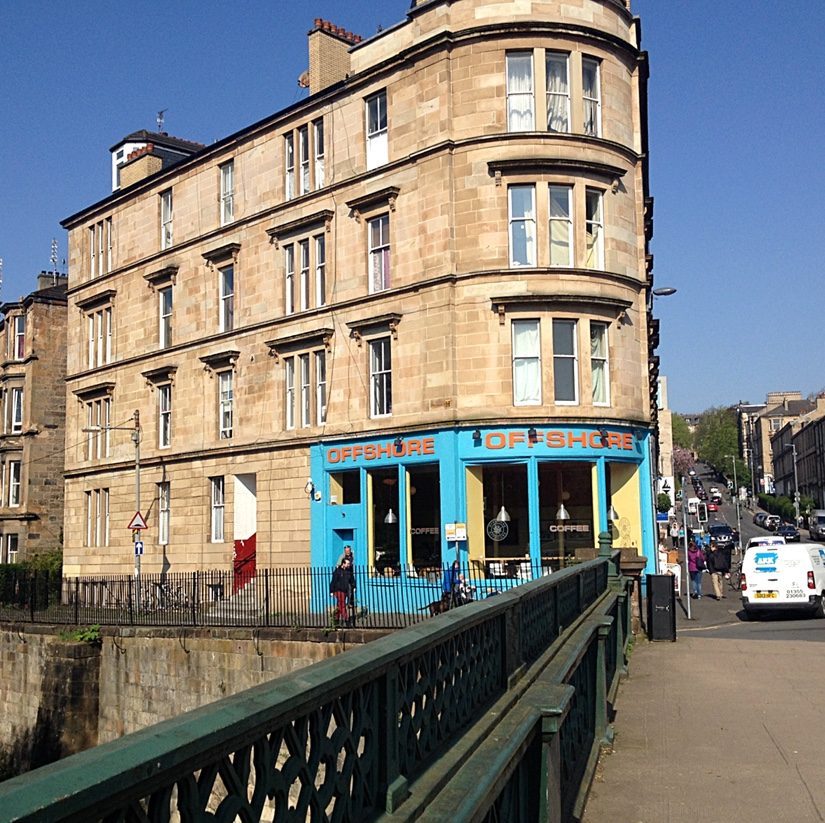Fiona Alderman’s Blog: A Sunday afternoon in sleepy Salignac

Opening the front door this last weekend I was greeted with the sound of accordion music coming from my neighbour’s open window. So French. Lovely. Another neighbour was on the phone to someone and his voice was raised drowning out the music, until he slammed the phone down. I decided to go for a little walk to see what was happening in the village. Going up the hill, which seems to get steeper each year, I stopped to talk to friends at the old Convent, who had been on holiday. French people have been discovering their own country this year and not travelling abroad because of Covid. They had been on a walking trip for several weeks around the Pyrenees area.
I went to the Cafe de la Place for a coffee, which was quite busy with tourists, mainly French –I didn’t hear any English voices which is a big change this year. I spoke to the Mayor and asked him about the tent, and he said he was probably going to move it next to the school in a huge space ready for any possible Covid outbreak here. I hope not.
I walked through the village to the antique shop, hoping to find a bargain or two. It is in the lower half of the owner’s house and is a real treasure trove. However, you need to have time to look through everything and then she engages you in conversation. I had already told her that I was Scottish, but she asked again, and we spent at least 10 minutes rambling on about how beautiful it was. She had never been to Scotland of course, but as do a lot of French people here they watch documentaries on TV. Then she started on about the local butcher which is just across the road from her shop. The owner retired recently and two new young butchers have taken over. She began a long story about the different cuts of meat they had and how good they were. It was a real lesson in French vocabulary.I started to back away, feeling rather exhausted , deciding to go and have a glass of cool rose at the Cafe!. By the way, I want a little velo ie a bike that looked quite charming. Shall need to go back?
The Route to La Compostelle

My friends that I mentioned previously, who had been walking in the Pyrenees were in fact on the pilgrimage walk of many stages through France to Northern Spain, which ends at Santiago de Compostelle.
Created at the beginning of the 9th Century, this was considered one of the most important pilgrimages after those of Rome and Jerusalem. By the 12th century people of the Catholic religion flocked to this spiritual experience, experiencing nature, sharing with each other and living a simple way of life.
It attracted non believers too. However, in the 14th century there was a plague and this along with famine brought the pilgrimages to an end. In years to come Christianity would emerge and the Bishop of Santiago was said to have hidden the relics of St Jacques de Compostelle in an unknown place in the Cathedral. By 1879, the myth had attracted interest and people began once more walking the ancient ways: the Via Lemovicensis, Via Podiensis, Via Tolosane and secondary paths from England, Italy, Germany and the rest of Europe,
The walks can be done in stages with rest places along the way and normally take place from Spring through to late summer. Monasteries and presbyteries open their doors to welcome visitors during this time.There are special arrows pointing the way towards St Jacques and you must obtain a document beforehand to have access to special lodgings. This will prove you have walked the last 100km on foot or 200km by bike or horse!
I would think it would take a bit of preparation, both mentally as well as physically, to be in harmony with oneself. It would also take a certain sort of commitment to spend time away from the modern world and all its problems.
French words and expressions

On my never ending learning of the French language, I have come across a few more sayings this month.
During the local elections I heard the phrase “C’est du Pagnol” meaning it’s just a farce. Pagnol, however, was a well known and loved author from this area of France and he was respected for his simplicity and marvellous books, maybe there were a lot of stories around the candidate’s hope to be elected?
Le gratin is about the topping of something, either in cooking a dish with cheese on top in the oven, or as high society, the top of the echelon of people.
Why are cannes ie walking sticks, called anglaises? Why are they English? Don’t know the answer and neither do French people either.
That’s enough for today.
Fifi’s Stories from rural France
August 2020.
www.salignacfoundation.com Dance and film courses in SW France.
This section: Fiona Alderman blogging from The Salignac Foundation France
Related Pages
- Fiona Alderman Blogging from Rural France – The Black Duck
- Fiona Alderman’s Blog: Salignac or Sillygnac?
- Fiona Alderman : Greetings from Salignac
- Fiona Alderman’s Blog: Pictures and Short Stories
- Fiona Alderman: November Blues
- Fiona Alderman: Blogging from Rural France – Waiting for Godot
- Fiona Alderman Blog: Cafe´Talk
- Fiona Alderman: Fetes Galore
- Fiona Alderman’s Blog: Les Voyages de Monsieur Barry
- Fiona Alderman: Another Month in Salignac
- Fiona Alderman: One Year Later
- A New Season in Salignac
- Fiona Alderman: La Poste and other French things
- Fiona Alderman Blogging from Salignac, France
- Fiona Alderman’s Blog: The End of the Holidays
- Fiona Alderman: Christmas is Coming
- Fiona Alderman’s blog: One Evening in Salignac
- Fiona Alderman: Final Farewells
- Fiona Alderman: Fêtes Galore
- Fiona Alderman: Another Place in History


